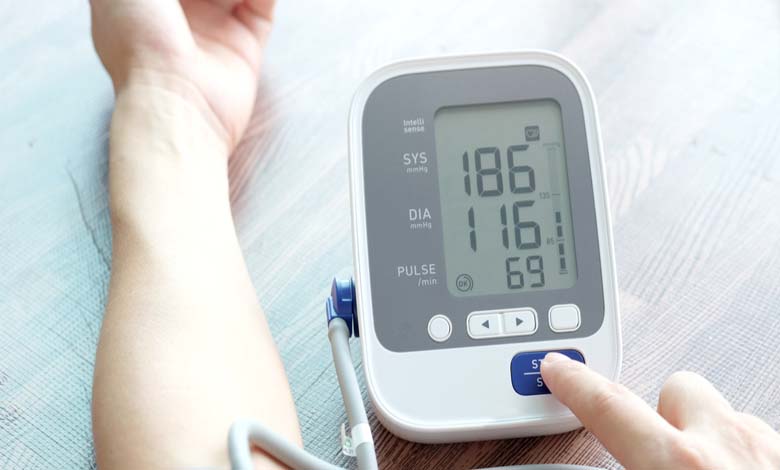Effective Methods to Control Cortisol and Lower Blood Pressure

Stress is an inevitable part of modern life. From work deadlines to personal responsibilities, our nervous system is constantly on alert. At the core of the body’s response to stress is cortisol, a hormone produced by the adrenal glands. While cortisol is vital for many functions—including energy regulation, inflammation control, and immune response—chronically high levels can lead to serious health issues, most notably high blood pressure.
-
Bananas and Potassium Sources: An Effective Alternative to Lower Blood Pressure
-
Study: Controlling Blood Pressure Protects Against Dementia
What is cortisol, and why does it matter?
Cortisol acts as a natural alarm system in your body. However, when stress is long-lasting, your body remains in “fight-or-flight” mode, producing cortisol constantly. This chronic release can cause fatigue, weight gain, anxiety, insomnia, immune suppression, and cardiovascular issues like hypertension.
The dangerous link between stress and high blood pressure
Excess cortisol narrows the blood vessels and raises heart rate, both of which cause an increase in blood pressure. Over time, this can damage arteries and lead to long-term health complications, including stroke and heart disease.
-
Exercising at a Certain Age Protects Against High Blood Pressure
-
How Chocolate Can Help You Lower Blood Pressure
Signs of high cortisol levels
- Abdominal weight gain
- Fatigue that doesn’t improve with rest
- Poor sleep or difficulty falling asleep
- Feeling anxious or on edge
- Trouble focusing
- Low libido
- Frequent colds or infections
Now, let’s explore natural strategies to help you lower cortisol and keep your blood pressure in check.
Natural Strategies to Lower Cortisol and Blood Pressure
1. Prioritize good sleep hygiene
Getting 7–9 hours of uninterrupted sleep each night is vital for hormone regulation. Create a relaxing bedtime routine, avoid screens before bed, and ensure your bedroom is quiet and cool.
2. Practice daily relaxation and mindfulness
Breathing techniques, guided meditation, yoga, and mindfulness reduce cortisol by calming the nervous system. Just 10–15 minutes per day can make a significant difference over time.
-
5 Steps to Lower High Blood Pressure
-
Including Bananas: Potassium-Rich Foods That Control Blood Pressure
3. Incorporate regular, moderate exercise
Activities like brisk walking, swimming, or dancing release endorphins that combat cortisol and improve circulation. Avoid overtraining, which may raise cortisol instead of lowering it.
4. Eat an anti-inflammatory diet
Focus on:
- Magnesium-rich foods: bananas, spinach, almonds
- Omega-3s: salmon, walnuts, flaxseeds
- Vitamin B and C sources: whole grains, citrus fruits
- Natural antioxidants: berries, turmeric, green vegetables
- Probiotics: yogurt, kefir, kimchi, sauerkraut
These support adrenal function and hormonal balance.
-
This is how you control your blood pressure naturally
-
reasons for sudden high blood pressure… Know these reasons
5. Reduce caffeine, sugar, and alcohol
These substances overstimulate the adrenal glands and increase cortisol. Opt for herbal teas like chamomile or adaptogenic infusions instead.
6. Make time for joy and connection
Happiness and connection are powerful antidotes to stress. Laugh with friends, enjoy music, spend time in nature, or cuddle with a pet—these simple moments lower cortisol naturally.
-
Vegetables and Grains: Essential Natural Allies to Break Down Blood Clots and Lower Cholesterol
-
How to Protect Yourself from Blood Clots While Flying?
7. Try adaptogenic herbs (with caution)
Herbs like ashwagandha, ginseng, and rhodiola help regulate stress response. Consult a healthcare provider before starting any new supplement, especially if you have pre-existing conditions or take medications.
Conclusion
Cortisol is vital for life, but too much of it for too long can wreak havoc on your health. By embracing natural, consistent, and holistic practices, you can bring your cortisol levels down, manage your blood pressure, and improve your overall well-being.












